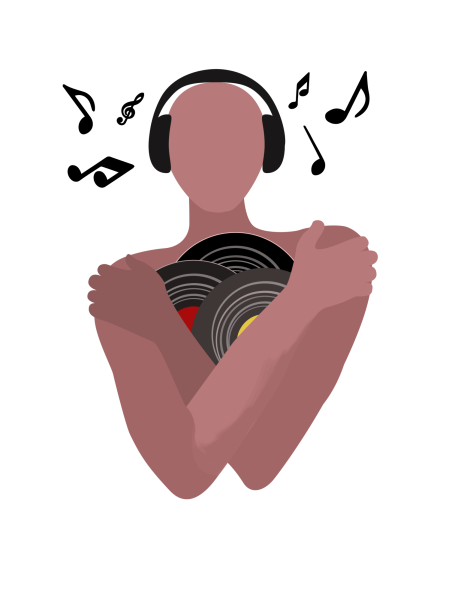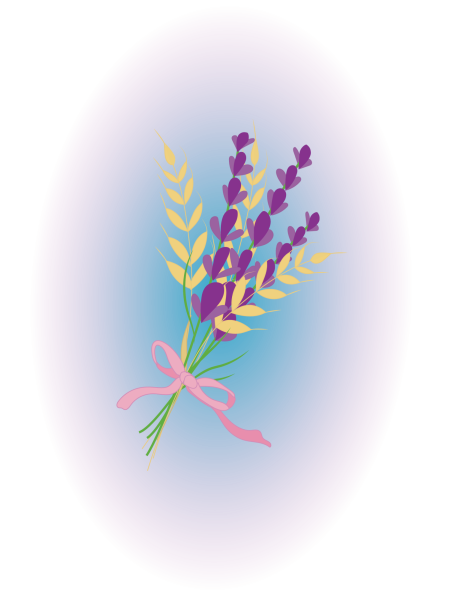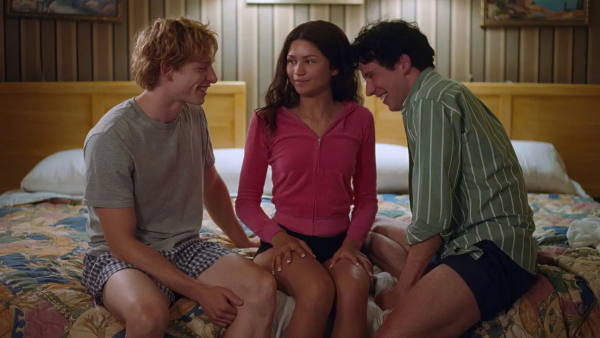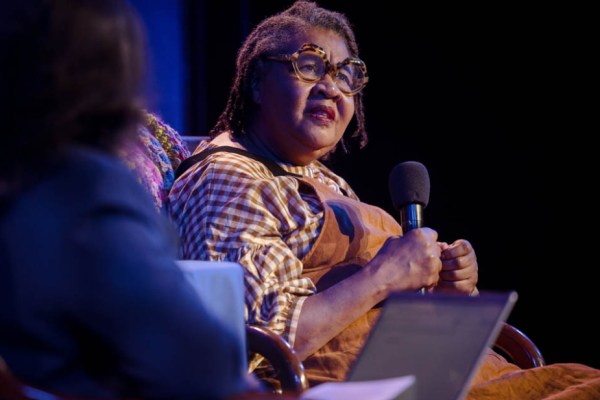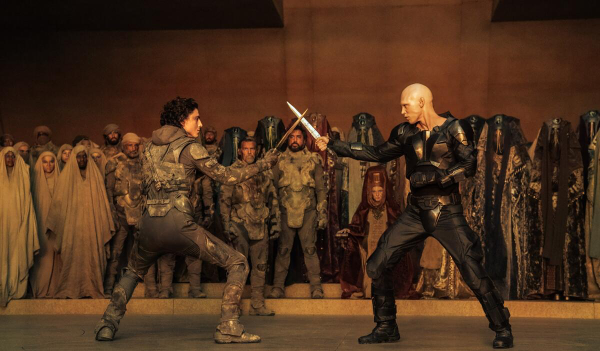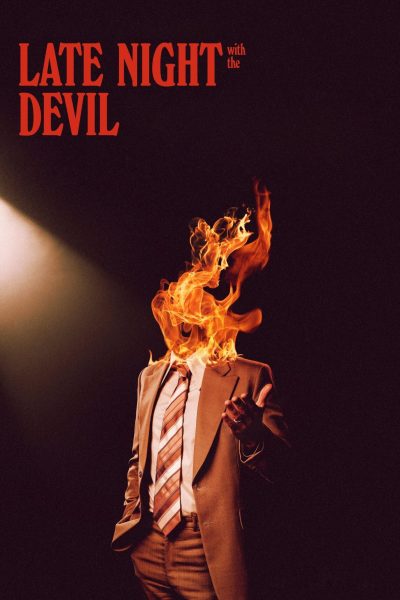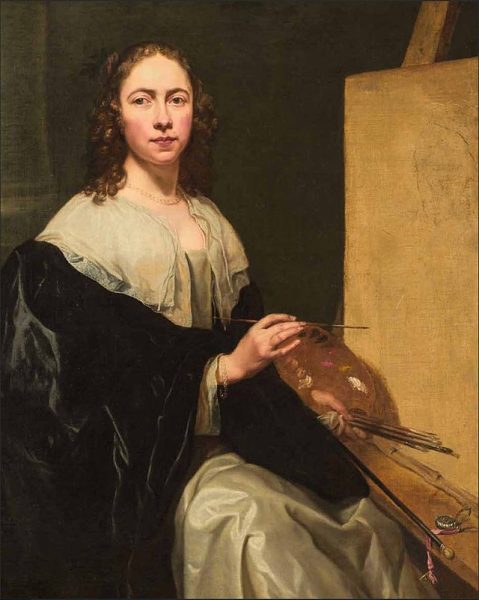Humans of SLU
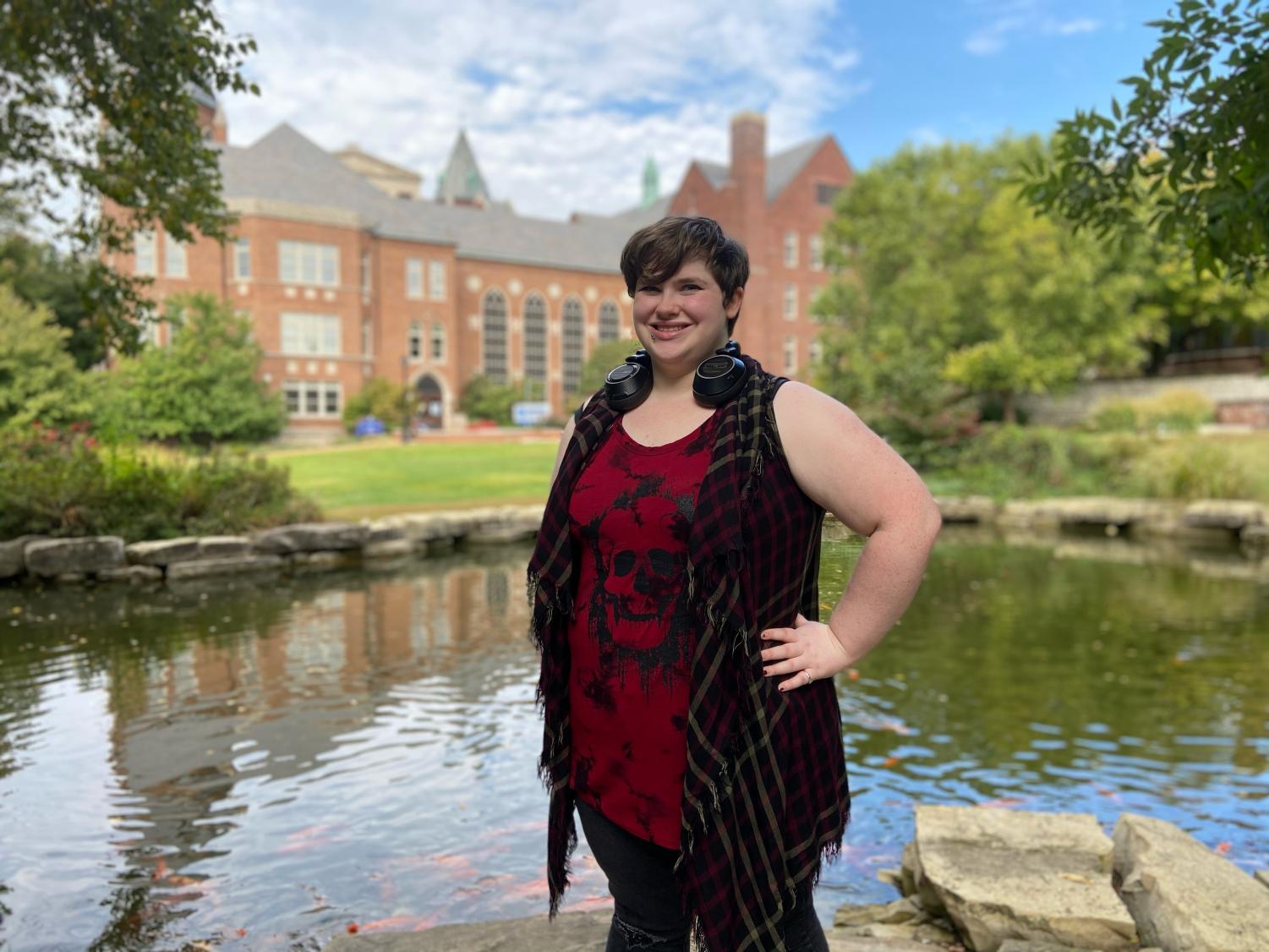
“Realizing that I was Pansexual and Gender Fluid was a very hard experience because I grew up in a very conservative area. I knew that nobody knew what it was. The only reason I knew what it was because I was looking things up. I was like, “what is this weird feeling I have?” and the internet was like it could be fifty million things. A, I knew that nobody was going to know about it, and B, I knew that people weren’t going to understand. Even now, one of the fears we talked about in my friend group at home is that if someone were to find out we were gay or that I was trans, we could be a target for violence. It was very hard and took me years to accept and when I did accept it, I remember the moment very clearly. I was at my grandmothers’ house in small-town Alabama and I started crying. I was like, “I don’t know that I could ever tell my grandma this thing that is so important to me, ever.” That was really hard. Even though it was very hard to come to this conclusion, it is not something to pity someone about. There are a lot of good things. I feel a wider appreciation for gender culture and I get to experience both mindsets [of being a man and woman].”
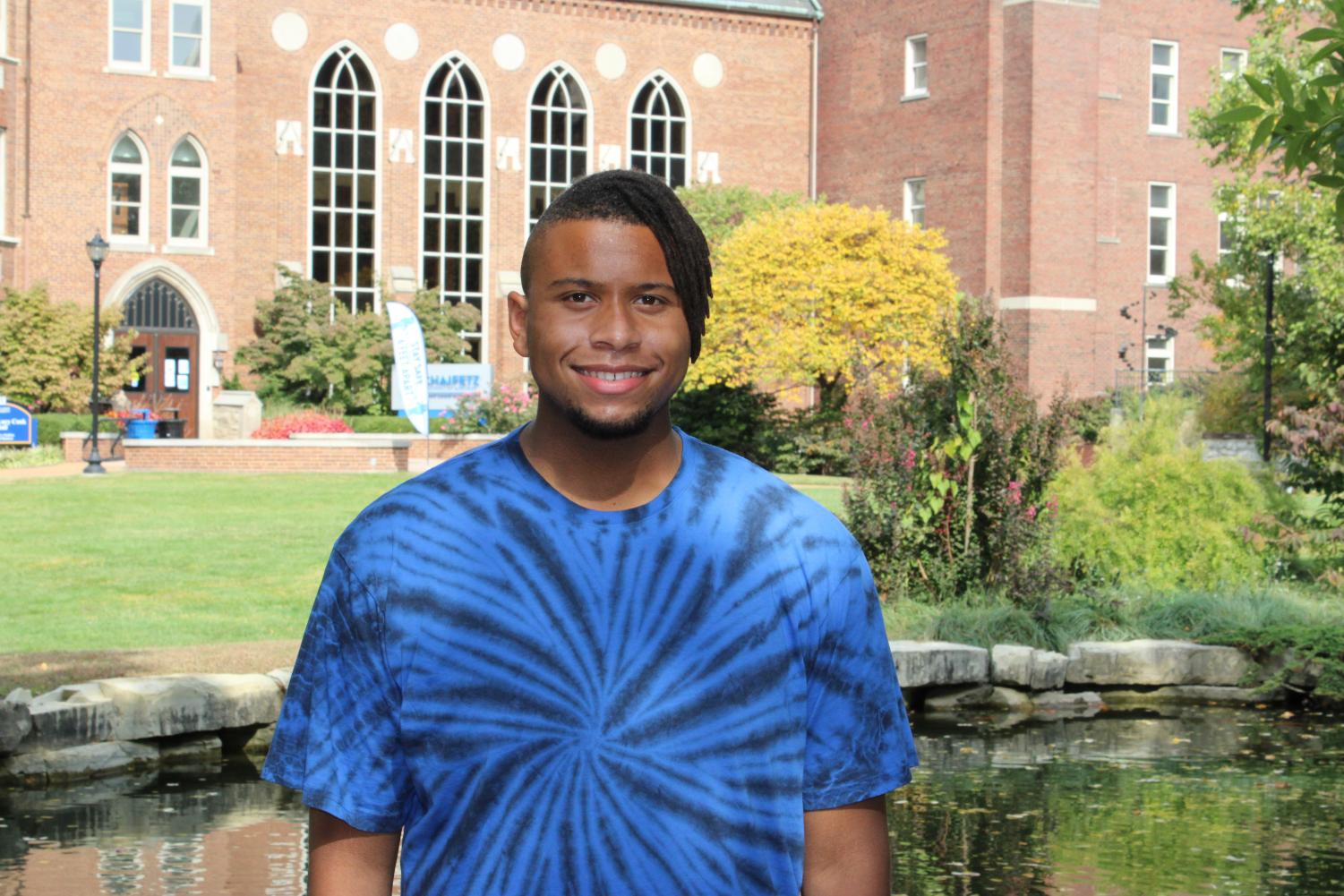
“I don’t necessarily call myself an activist, but some people may. I call myself more of an advocate, someone who is a conduit to help elevate and empower voices. Being in a position of not always having my voice heard or my voice being oppressed pushed me into being one of the more active roles. I always think of what Shirley Chisholm said, ‘if you don’t have a seat at the table, you get a folding chair and you put one at the table.’ The more experiences I have had in life, the more I have felt compelled to speak out and use whatever privileges I have to advocate for others and help elevate and empower others to have a voice. Being a Black male here, [at SLU] can be asinine. I definitely stand out quite a bit. Black students represent about five percent of the student population at SLU and males make up about two to three percent. So, I am a bit of an anomaly in terms of being here. It puts me in a precarious position in terms of where I sit in the campus community and campus culture. Sometimes you are put in situations where your identities are often clashing and many folks think that some of my experiences are up for debate. That’s the culture that’s ingrained in an institution that is predominantly white and built off of white supremacy. I don’t think prior to being here, I realized how proud I am of my identity and how much I love my identity. I have learned to unapologetically live my truth. I sometimes fear for the safety of myself and others but I don’t worry about being about who I am anymore. Being Black at SLU is a kind of binary. It is kind of exhausting but it is also a huge privilege. It’s exhausting in the fact that the systems here aren’t necessarily built for folks like me. It is a privilege in the sense that I have learned so much about the world and living life being here. I do have respect for the Jesuit education and I recognize the fact that not many folks like me end up being here. It does mean a lot to have gotten here, but it’s more like ‘so what am I going to do to help open that door for the next person behind me?’”
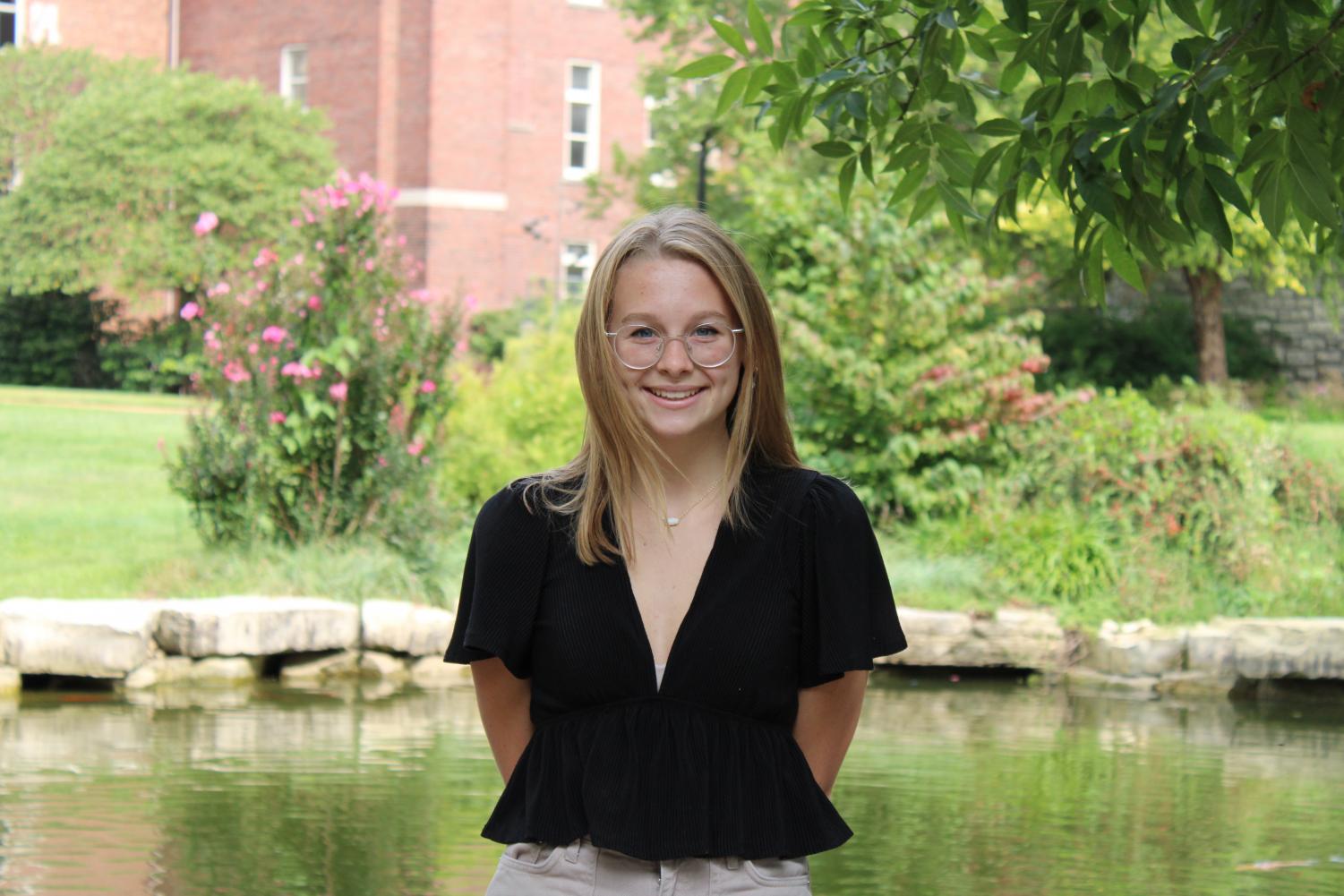
“I’ve wanted to come to SLU since I was really little. I had two older brothers come here so I have been visiting once or twice a year for the past seven years, so I always knew I was going to come here. Even if something were to go wrong with COVID-19, I have my brothers here, so I would be able to move in with them, so the fear of getting sick here and being stuck alone was never really a big one for me. Recently, my second oldest brother and I have been getting a lot closer, because obviously, he’s right there. In the past we kind of hated each other, there was some sort of sibling rivalry for god knows what reason, but ever since I’ve come here, I’ve realized how he’s always going to be there for me. When we got the first email that there had unfortunately been a sexual assault on campus, my brother got the email too, because he is at the Med school. He sent me this really long text that was like I just wanted you to know that if anything like that ever happens to you, please call me and I’ll be there for you. It was really sweet to see how our relationship has changed. Just from being siblings that barely talked to each other and now he’s a support system for me is really cool. Just knowing that even if we fight, he will be there for me and that’s really cool. We never talk about our feelings but that showed me that he still really cares.”
Your donation will support the student journalists of Saint Louis University. Your contribution will help us cover our annual website hosting costs.


![The Teskey Brothers [Crew] gather together for a curtain call in front of a raucous St. Louis crowd after a two-song encore. (Photo courtesy of Vertrell Yates / @trellseyephotography)](https://unewsonline.com/wp-content/uploads/2024/05/Screenshot-2024-05-21-232057-600x370.png)
